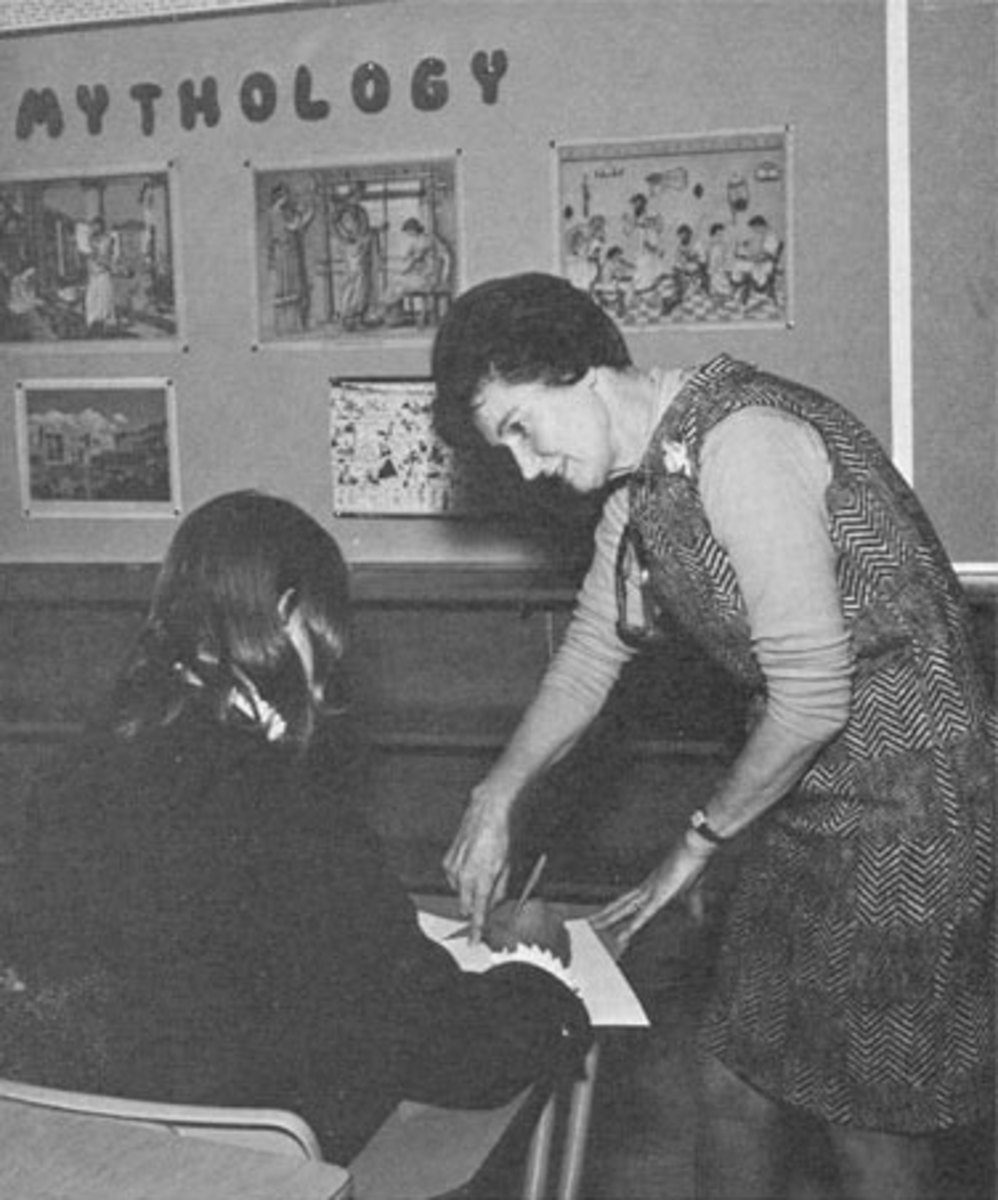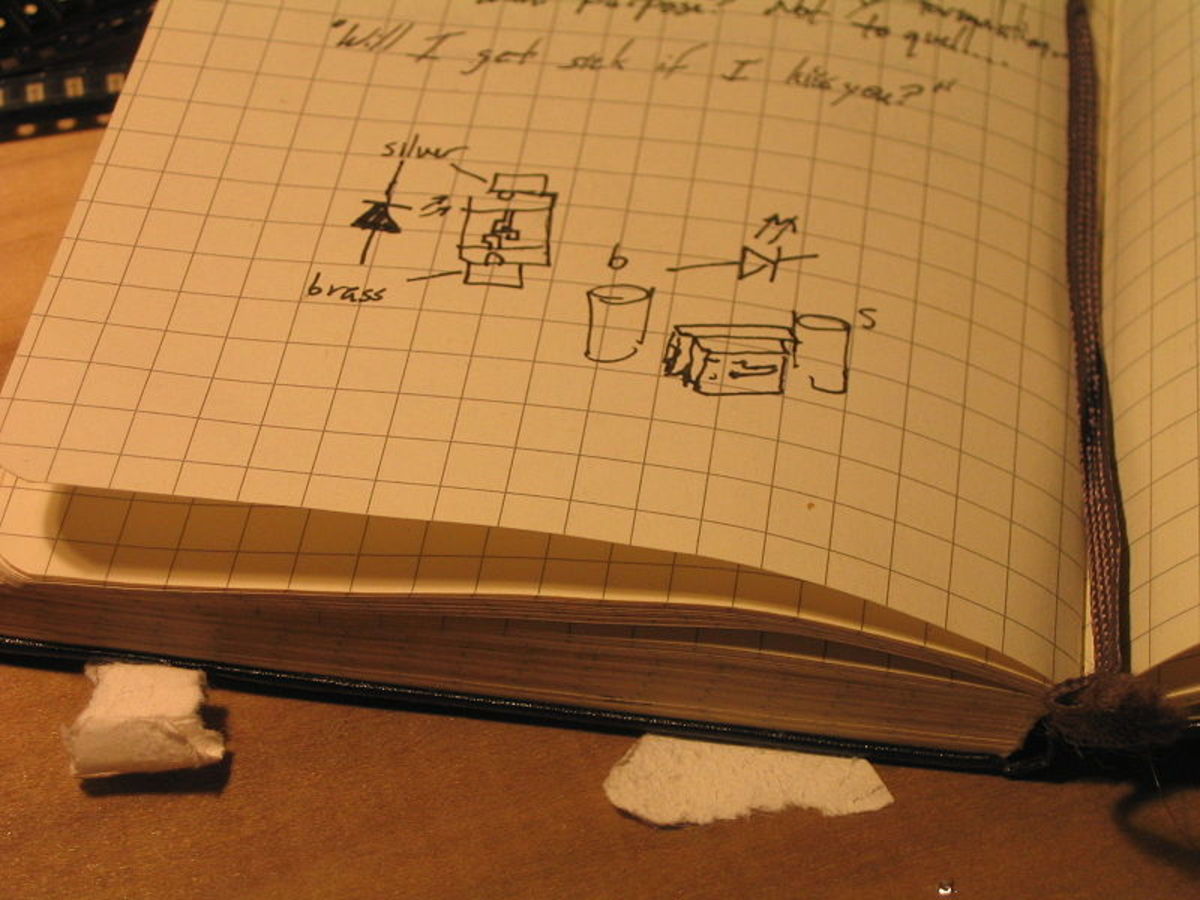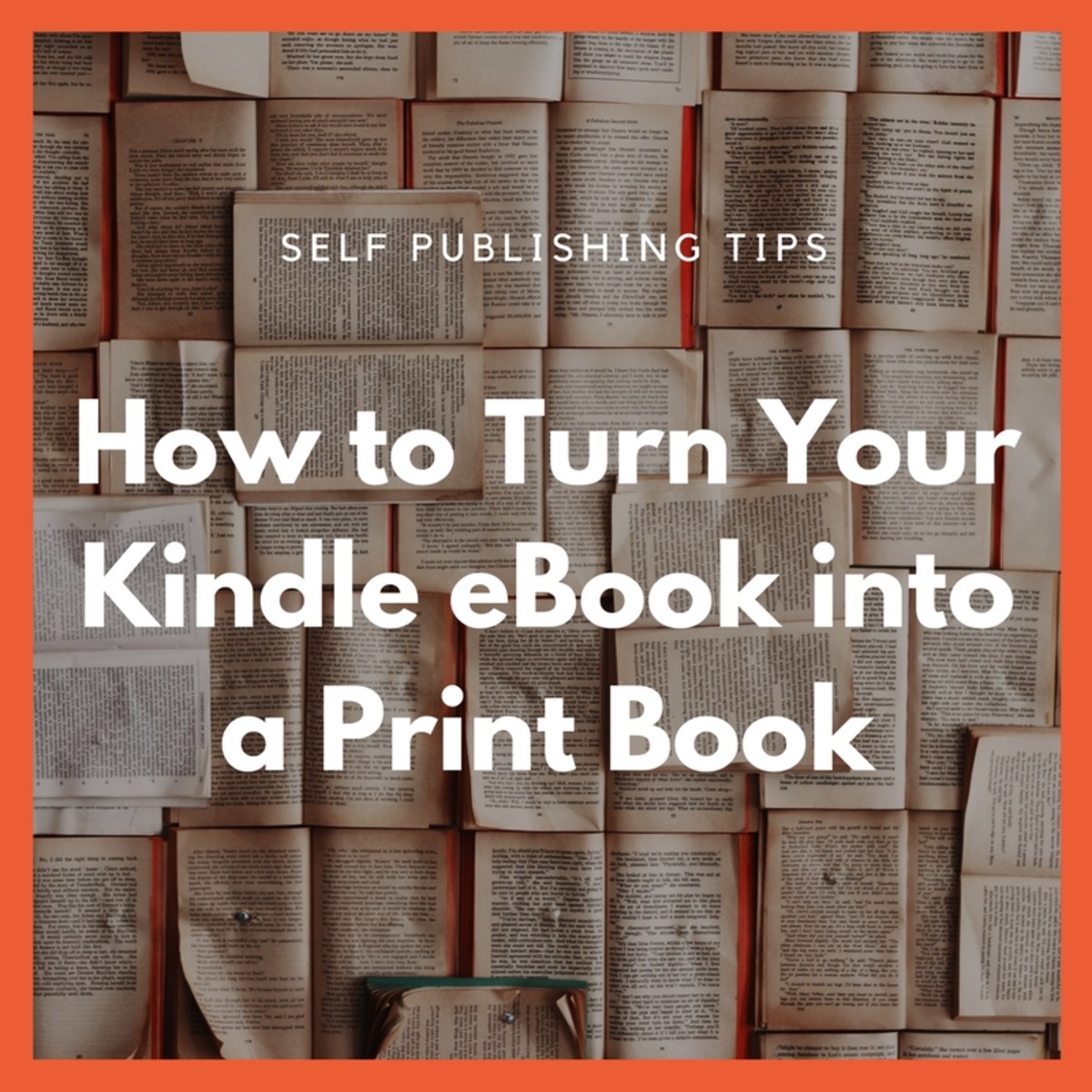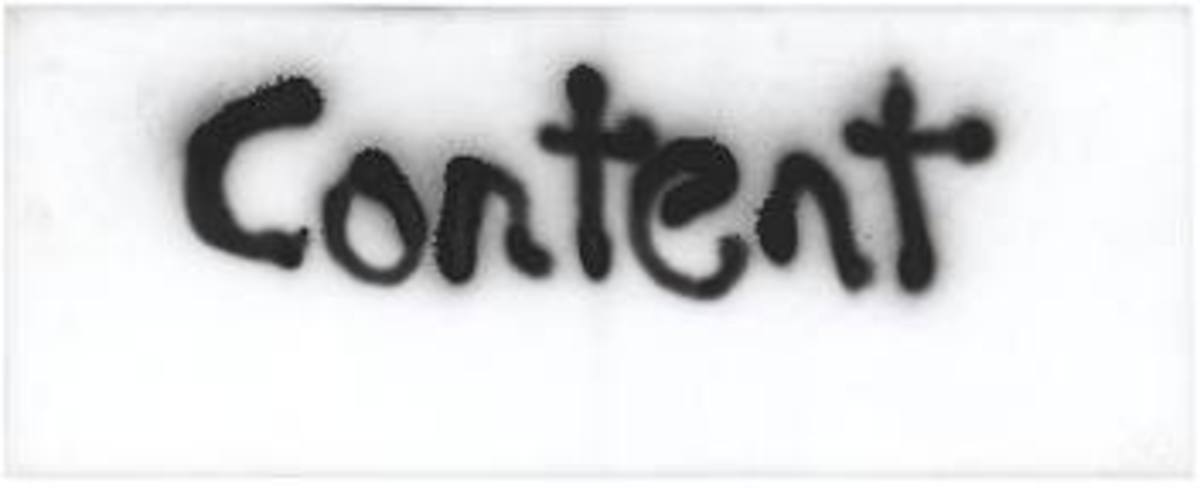Suicidal Writing Sins or How to Kill Your Article Without Really Trying
I was Just Thinkin'

Writing Errors can kill an article before it is even read.
Over the years that I have been using the web and writing articles for commercial and even entertainment purposes, I have noticed a number of common mistakes made by the casual writers out there.
When I see these errors, I just shake my head and move on down the list of search results to other, better written and easily understood options.
You see, like so many of my fellow web users, I have a low threshold for misleading or non-sensical articles that pretend to meet my search needs.
Here are some of what I consider the most blatant and, at the same time, reputation damaging errors that a web writer can make.
Understand what an article Title really is.
Probably the worst Sin for an article writer is to not write the absolute Best Title that you possible can.
What is the Title?
You, the writer need to understand that your article title is your Thesis Statement.
Remember back to your English Composition classes? You were told that you had to write a great Thesis statement for your article.
I remember one English Professor who told my British Literature Course class; "Your Thesis statement should be the perfect summary of your whole article that follows. It should say it all, in one or two sentences.".
I have never forgotten this little point and even though I often make mistakes with my writing, I do attempt to write a good title.
On the web, far too often, the writer of an article will become more concerned with the use of Keywords and end up with a title that makes very little sense to the casual reader.
Remember, the days when your potential audience was someone who picked up a book, and when the title confused him, he just flipped back and re-read the beginning.
Sure, people still read physical books, but in today's world, there are more people who read digital books, articles, and other forms of information than there are people who read physical books and magazines.
The world of information presentation has changed dramatically and today's writers are reacting to this new paradigm.
Perfect Grammar is necessary in the Title.
Yes! You must, absolutely must, use perfect grammar in your article title.
When I am scanning through the search results presented to me, my re-trained brain has adjusted to the world of digital information overload.
A typical web search for just about anything, will yield thousands of choices for me to select from.
In other words, I have more options available to read, thousands of options in fact, and I do not have the time to properly evaluate the many data sources presented to me.
The Language I Use
And, I read in English by the way; specifically, I read in American English.
OK, for you Brits, I understand that our American slang and even certain sentence structures have evolved away from "proper British English".
But, although I might want to apologize for this evolution, I still read everything as an American, not a Brit.
And, for those of you who studied English in your own countries, and have your own grammatical evolutions and idiosyncrasies, I am also sorry.
You see, as i have said, I read in American English.
And, when I search the web for information, my brain will trip over your subtle differences from what is acceptable grammar to me.
And, if your grammar doesn't flow "properly" for me, I will definitely jump over your offering. In a New york Minute! (Sorry, I had to add this as an example.)
Now, with that situation out of the way you, the article writer, needs to understand just who your audience is, and write for them.
By this I mean that if I click on a Brits recipe for a dish, I expect the measures used to be metric, not in the "old English measurement units" that the US has (stupidly) retained.
And, if I click on a recipe written by someone from india, I will force my brain to jump over a few of the typical evolutions of British English that is common in India. But, only a few; then it's "click" and I back to my search.
And of course, with my being an arrogant American, if you want me to read your articles then write your title in proper American English.
Real Grammatical Mistakes
But, regardless of your style of English, a basic grammatical mistake, in any language, is a form of writers suicide. When I see one of these, in what I consider the most important part of a web article I will mentally reject the article, out of hand.
I automatically assume that the writer is not a good writer, and that they did not properly edit their work. And, worst of all, I will assume that I will see more poorly written English throughout the offered article.
Perfect Spelling is necessary in the Title.
Then there is the spelling in the Title.
There is really no excuse for any misspelled words in a title. I mean, I think you have gotten the hint here that your Title is so important to the readers eye that along with the grammar and the awesomely crafted structure, the spelling must be perfect.
And remember, your spell-checker is not perfect. Oh yeah, it will check that each and every word you writedown has the correct spelling, but, it is not an intelligent checker.
By that I mean that it checks each word for spelling correctness. If the word is in its database as a proper English word, then it is OK with your spell checker.
It does not check if the word is the right one for your sentence.
For example, If you wrote the sentence; "The Deer goal stood up finally." it will be accepted by your spell checker. OK, you accidentally hit the "g" key instead of the "f" key for the word foal. Well both words are acceptable words, so neither will be shown as spelled wrong.
So, the best way to check your spelling is; 1- make sure you know how to spell the words you use, and 2- proofread your document repeatedly.
In Summary
In fact, I always have someone, often my wife, read everything I write, just to catch such errors. (and I will often still have errors pointed out to me by my readers, LOL!)
Just a note on this; when I am writing, I often have to totally rewrite sentences when I try to use a word that i am not sure of the spelling.
I find that often, changing a single word's spelling in a title can lead to a totally new sentence or two in my document, or title; just so I can continue to make my title coherent with my article.
Being a Southern boy, I will summarize with this ending.
Your title should flow across your brain like soft butter on a hot biscuit does across your tongue. In other words, a short perfect "flavor' of what your title promises is coming next.
Tips for writing good English
Use Good Grammar in your Writing
This content is accurate and true to the best of the author’s knowledge and is not meant to substitute for formal and individualized advice from a qualified professional.








